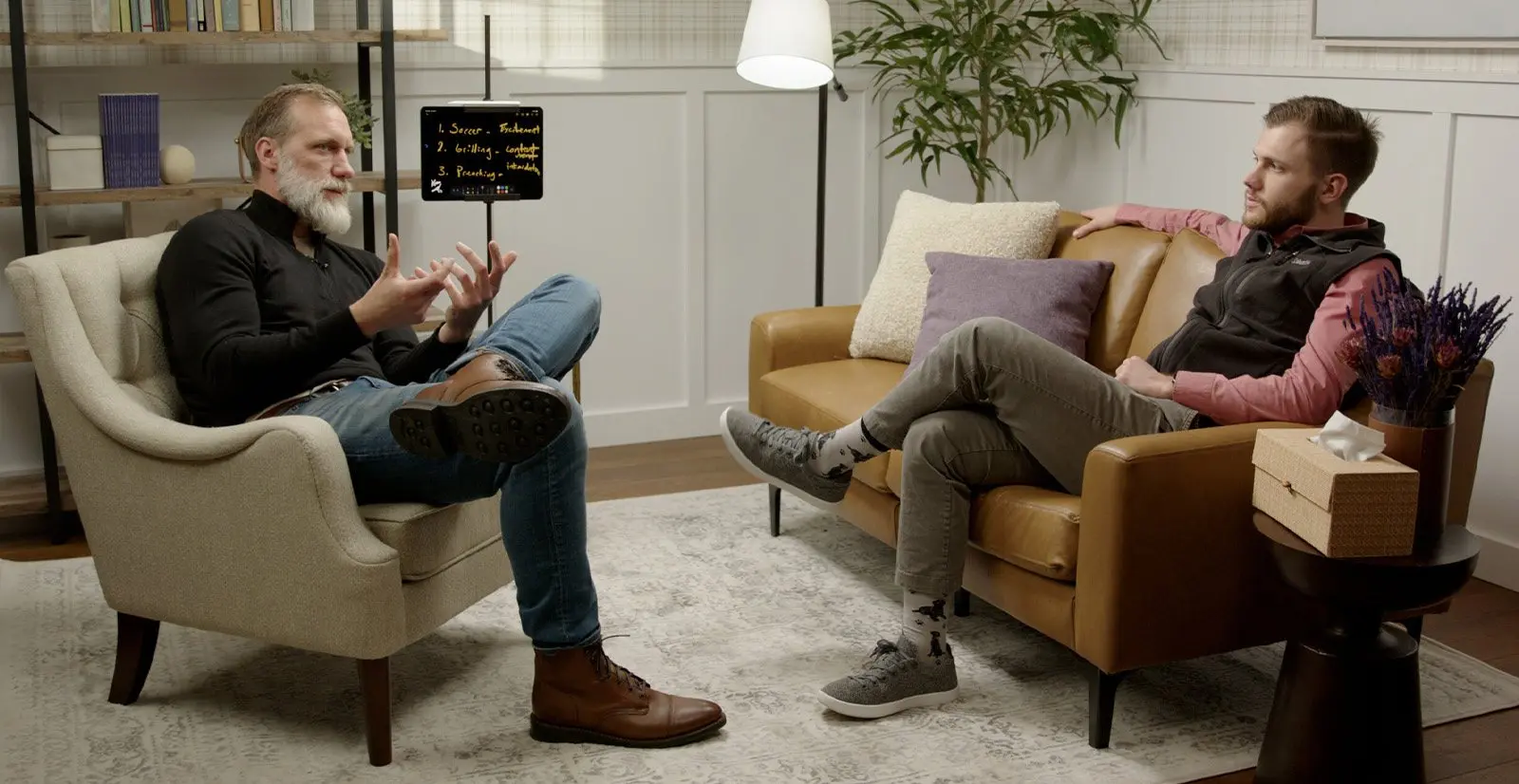Jacob gets me angry. In Genesis, it tells us that he loved Joseph more than any other of his sons (37:3). Though Scripture doesn’t offer explicit commentary on this favoritism, Jacob’s preference unleashes a family narrative that ends with Joseph’s brothers selling him into slavery. I get angry every time I read it.
But this story has a history. Before Jacob’s blatant favoritism, he was betrayed by his Uncle Laban and was given a wife he did not choose. This forced polygamy on Jacob, and we can more or less understand why he had a preference for the son of his chosen spouse. So polygamy is a culprit. Jacob was also victimized by the favoritism of his parents. His brother Esau was favored by their father and Jacob was favored by their mother. Horrible all around. There were all kinds of mitigating circumstances in the Joseph story, but I am still angry at Jacob. He sinned against his family, perpetuated a wretched tradition, and we have no reason to think he owned his part.
And, still today, few people own it. Ask anyone if their parents had a favored child and too many will immediately say yes, and the siblings all agree on who it was. It was common knowledge in the family, as if it were normal. Sometimes I think that my wife and I are the only people whose parents communicated that love is not a finite substance. You can love one child with all your heart, and you can love another child with all your heart.
We are complex people, so generalizations do not fit us all, but if you know there was a favored child in your family, and it was not you, expect trouble in your life. It will enhance insecurity, cause you to be hypervigilant to rejection, and make you more prone to jealousy than you already are. (If you were favored, expect a different kind of trouble).
Yet, the Lord changes the course of favoritism.
First, the sin of favoritism (or partiality) is a big deal to him. From a legal perspective, God judges both poor and rich without partiality (Lev 19:15). To do otherwise is sin. It is a breach of the law of love (James 2:9). In the face of cultural and religious partiality, Jesus disadvantaged himself by associating with the neglected and forgotten. Favoritism and partiality typically side with those who are more like us or have attained a standard we admire. The most handsome is the favorite, or the one who becomes a doctor is the favorite. Sometimes we favor them because they can enhance our own reputation, but God will have none of that. God consistently chooses the lesser or un-favored. He chose the second born or runt of the litter, the less attractive, the rejected, the ignored, the unloved (Deut 21:15). The pivotal story of Israel’s kings is the movement from Saul, who was the people’s favorite because of his stature and good looks, to David, who was considered least in his own family and not even present when Samuel went looking for God’s chosen king among Jesse’s sons. The Apostle Paul adds that the body of Christ consists of lesser lights (1 Cor 1:26-27). Today you can see it in India among the many Dalits1 who are being drawn to Jesus. The Lord seems to specialize in gathering to himself those who have been left behind by others (Deut 7:6-8). God does, indeed, choose his people. But he chooses his people in spite of their resumes, not because of them.
Second, love-as-a-finite-substance is a myth. The truth is that God’s love expands. This doesn’t mean that he loves individuals more over time. Since his love is perfect, he always loves wholly and eternally. He does, however, love more and more people as his kingdom enlarges. It brings glory to his name to have a growing family and kingdom in which he loves us more than we could love in return. For us, love also expands. At first, it might include your family or someone in your family, then it extends to a friend, to a spouse, to a child, and on to other people. Not only does human love grow to include more people but it also grows in depth for each person. As we grow in Christ, we love more people more (1 Peter 1:22). Love is a cutting from a vine that becomes a fruitful vineyard, a seed that becomes a forest.
It’s true that we can better understand a child who is more like ourselves, and we tend to be more patient with those we understand. We can see good in one child and less good in another. These are not the same as favoritism, but they can be its first steps. As favoritism matures and moves beyond family boundaries, it becomes factions in churches, and it isn’t done yet. It also creates a splintered world in which like-minded people stand in judgment over those they think are lesser. Though we might have different reactions to Jacob’s overt esteeming of Joseph over his brothers, favoritism and partiality are ugly and pernicious sins.
If you play favorites, your life, like Jacob’s, may have been complicated, but your sin, though common, will have consequences. Your actions reveal a misunderstanding of Jesus and his sacrifice for sins. If you were victimized by favoritism, you would benefit from God’s telling of your story. Be sure to add embellishments on the way, such as the full inheritance you received through and with Jesus. Keep the main story line in view—the story of God’s generous grace—rather than what you deserve. Practice telling the story to a friend. And keep noticing your own tendency to play favorites. It won’t give up easily.
•
- The Dalits are considered the lowest caste in Indian society. They have also been called the “untouchables.” ↩︎
Related resource: Darcy Is Always First: When Siblings Fight by Lauren Whitman




